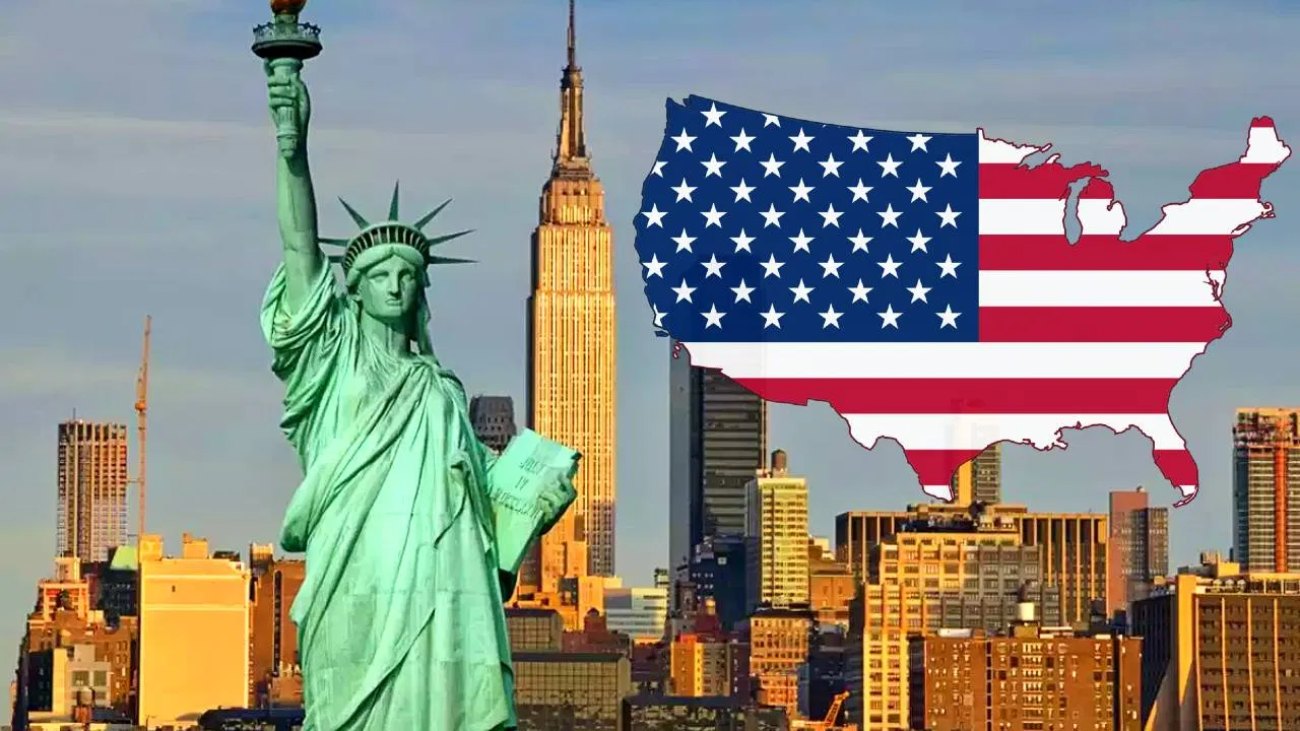There are many things to consider when creating content for a specific audience. This article is all about doing research on cleanliness, comparing cities, and finally ranking the top 10 cleanest cities in America.
Top 10 List of the 10 Cleanest Cities In America
This year, the city of Anchorage claimed the number one spot on the list of the cleanest cities in America. The top ten cities on this year’s list are:
1. Anchorage, Alaska
2. Fort Worth, Texas
3. Memphis, Tennessee
4. Denver, Colorado
5. Irvine, California
6. San Jose, California
7. Newark, New Jersey
8. Sacramento, California
9. Chandler, Arizona
10. Arlington, Virginia
Why America’s Climatologists Predict a Major Clean Up
America’s Climatologists are predicting that by the year 2025, the United States will be in the throws of a “major clean up.” This is because America’s cities have been sitting on a ticking time bomb for quite some time now. America’s cities are home to some of the dirtiest air in the world. The pollutants that are being released from these cities are causing serious health problems for Americans. The American Lung Association has stated that there is currently an air quality problem in almost every major city in America. In fact, according to the EPA, 78% of American adults breathe air that is considered unhealthy for them.
This is because these pollutants are causing respiratory conditions such as asthma, bronchitis, and emphysema. In order to combat this pollution problem, America’s Climatologists predict that by 2025, there will be a “major clean up” of America’s cities. This will involve sweeping changes to how these cities function and what they produce. Basically, by 2025, America’s cities will either have to start producing less pollution or face the consequences of poor air quality.
Consequences of a Dirty City
The consequences of a dirty city are both personal and social. Personal consequences include increased asthma rates, worsening of heart health, and decreased lifespan. Social consequences include less opportunity for success, reduced quality of life, and increased crime rates. To measure the impact of a dirty city on human health, researchers use a variety of methods including air quality measurements, surveys of residents, and studies of public health outcomes.
In general, the data show that a city’s level of dirtiness has significant health consequences for both people who live there and those who visit. On the social front, a dirty city decreases opportunities for success. Children who grow up in dirtier cities have lower educational achievement and are more likely to be incarcerated. Moreover, a dirty city significantly reduces the quality of life for everyone who lives in it – from professional athletes to low-income residents. In fact, studies show that people living in highly dirtied cities experience shorter lifespans than people living in cleaner cities.
Solutions to a Dirty City
There are many ways to clean a city, but the most successful methods are typically based on two things: environmentalism and economics. One way to clean a city is to focus on environmentalism. This means focusing on eliminating waste and making sure that the city operates using green energy. This can be accomplished through things like banning plasticbags, closing down factories, and installing more solar and wind power. Another way to clean a city is to focus on economics.
This means focusing on creating jobs and increasing tax revenue. By doing this, it becomes easier to fund cleaner government programs, such as cleaner buses, parks, and roads. Cities that are successfully cleaned typically have an organized effort from multiple departments or groups within the government. They also have leadership that is willing to invest in cleaner methods and prioritize the environment over economic interests.
Costs of a Major Clean Up
As the world becomes increasingly polluted, it’s become more important than ever to find cities that are cleaning up their act. One way to measure this is to look at how expensive it is to clean up a city. A study by The Economist found that the cost of a major clean up can range from $5 billion to $8 billion.
This means that, no matter what city you choose, there’s always room for improvement! Of course, not all cities are created equal when it comes to their ability to clean up. Some cities, like Los Angeles, are better equipped financially and environmentally to address environmental concerns than others. Regardless of a city’s ability to clean up, every community deserves the opportunity to do so.

